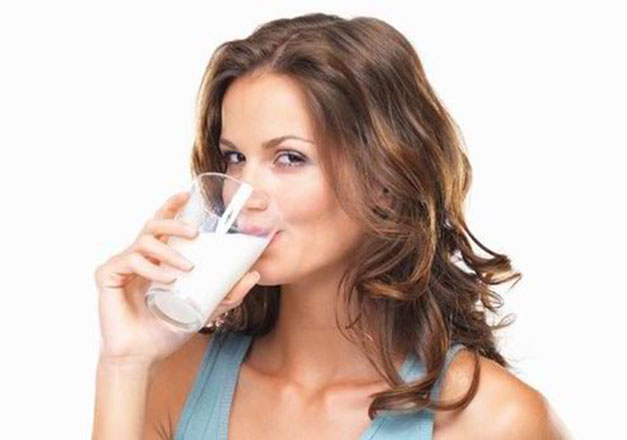Milk was the original “superfood”, believed to be rich in calcium and essential for strong bones and healthy teeth. However, in the last few years, several studies have highlighted the negative side to dairy, be it the sensation of bloating, the carcinogenic hormone content in milk, or weakening of bones caused by it. A study by the Harvard TH Chan School of Public Health also says that high intake of dairy can increase the risk of prostate cancer and possibly ovarian cancer. So, it is no wonder that some people now advocate a switch from dairy to healthier alternatives like soy or almond milk.
But should you be rushing to cancel your milkman’s subscription anytime soon? Experts say that milk offers several health benefits, but only when it is consumed in moderation.
Milk is an excellent source of protein and contains essential amino acids. “It is a good source of calcium, potassium, Vitamin B12, Choline and Vitamin D. It increases bone and teeth strength, improves immunity, controls blood pressure, prevents dehydration and osteoporosis, improves muscle movement, learning and memory,” said Dr Niyati Likhite, dietician at Fortis Hospital, Kalyan.
It is also good for your skin and hair, and acts as an antioxidant. “Milk contains nutrients that boost collagen production, slows down formation of fine lines, and protects the skin from free radicals that cause premature ageing. Vitamin B6 helps in new skin cell formation while Vitamin B12 boosts hair growth,” said Ushakiran Sisodia, a clinical nutritionist at Nanavati Hospital.
If you are wondering if milk helps in weight loss, the answer is yes. You can opt for skimmed or low-fat milk to lose or maintain your weight, said Likhite.
How much
milk is too much?
However, if you consume milk in excess (the recommended portion size is two to three servings of milk and milk products per day or one cup milk+ two servings of milk products), it may be harmful for health. “Milk is a prime source for three important nutrients: calcium, potassium and Vitamin D. Excess of these nutrients are not good for health,” said Likhite, adding that milk contains high levels of lactose and galactose which can increase oxidative stress, which is associated with heart disease, cancer, bone loss and muscle loss.
“Too much milk can give you abdominal distension, loose motions and increase cholesterol. It may even aggravate certain forms of cancer. And babies who are given excess milk can also suffer from milk worm,” said Sisodia.
Milk adulteration is also a cause for concern, as is milk produced from hormone-injected cows. “If anyone has lactose intolerance, then it’s best to avoid milk. And in the rainy season, milk may aggravate gastric problems,” said Sisodia.
Alternative mode
For those who do not want to consume dairy, there are alternatives available in the form of soy and almond milk. Likhite says it can be a good option for people who are allergic to milk, but not a good alternative to breast milk or formula feed for infants.
Sisodia recommends groundnut milk and goat milk as healthy, and almond or coconut milk as easy-to-digest alternatives to dairy.
While replacing milk completely from the diet is not recommended, instead of just drinking milk, you can add nutrient-rich foods like chicken, fish and egg whites, curd, soya and sprouts to your daily diet.
